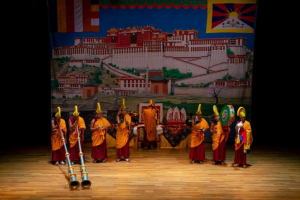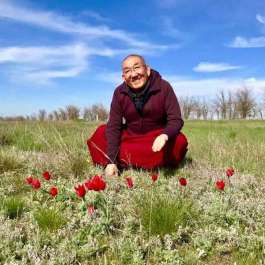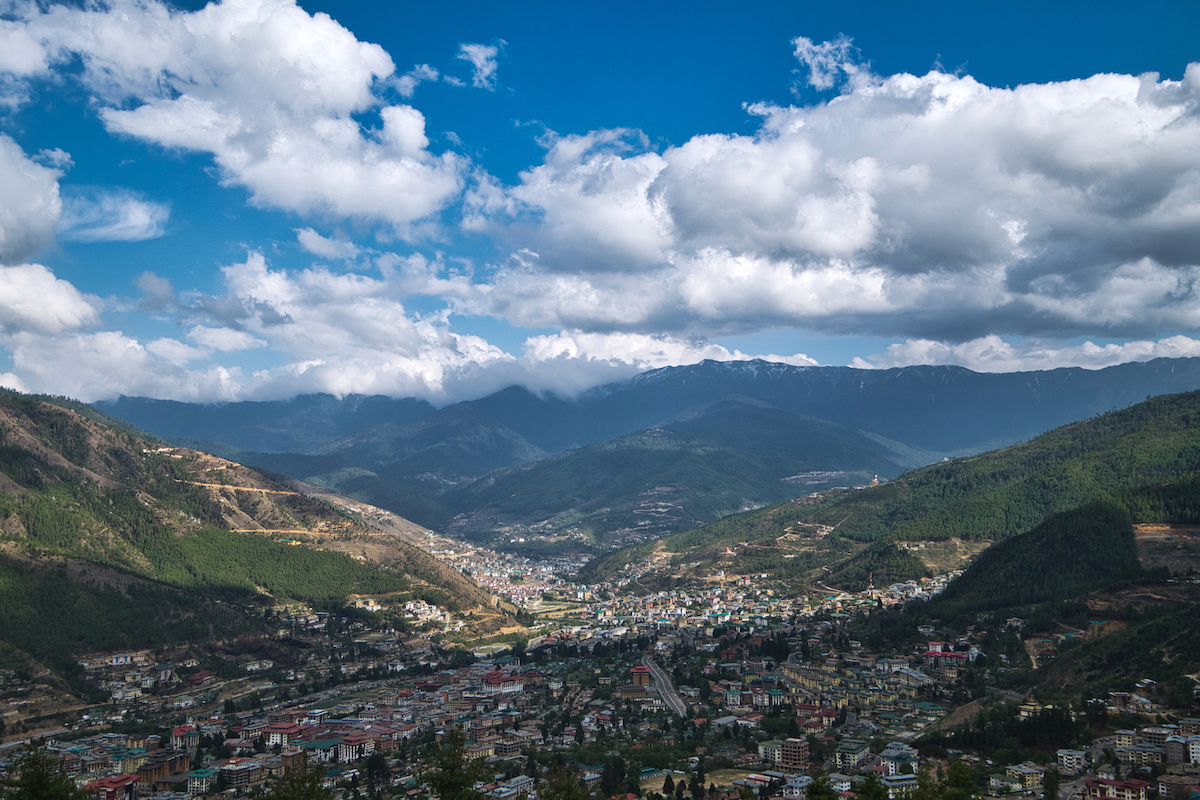
The Himalayan Kingdom of Bhutan last Thursday became the latest Asian nation to overturn legislation criminalizing same-sex relationships. In a joint sitting on 10 December, both houses of Bhutan’s parliamentary National Assembly voted overwhelmingly in favor of amending legislation that prohibited “unnatural sex,” widely interpreted as homosexuality.
The Lower House of parliament first moved toward making the landmark amendment to officially adopt a more open and accepting attitude to same-sex relationships in June last year.* While not specifically mentioning homosexuality, articles 213 and 214 of the Penal Code were widely interpreted as prohibiting gay sex. The amendment changes the two articles to clarify that: “homosexuality between adults shall not be considered unnatural sex.” (The Washington Post)
“Homosexuality will not be considered as unnatural sex now,” said lawmaker Ugyen Wangdi, vice chairperson of a joint panel assigned to the issue. He added that 63 out of 69 members of both houses had voted in favor of scrapping the provision. Six members of parliament abstained. (Reuters)
In May last year, Taiwan became the first Asian government to legalize same-sex marriage, while in September 2018, India cast out centuries-old legislation prohibiting gay sex. Buddhist-majority Thailand, which decriminalized homosexuality in 1956, approved a draft bill in July which should ensure that same-sex unions receive many of the same benefits as heterosexual marriages, although the legislation avoided the term “marriage.”
Hong Kong, where Buddhistdoor Global is based, last year abolished or revised several articles of legislation that criminalized sex between men, and in September this year ruled that same-sex couples should enjoy equal rights under the city’s inheritance laws. However, Hong Kong’s government continues to resist calls to provide equal rights and recognition for same-sex unions.
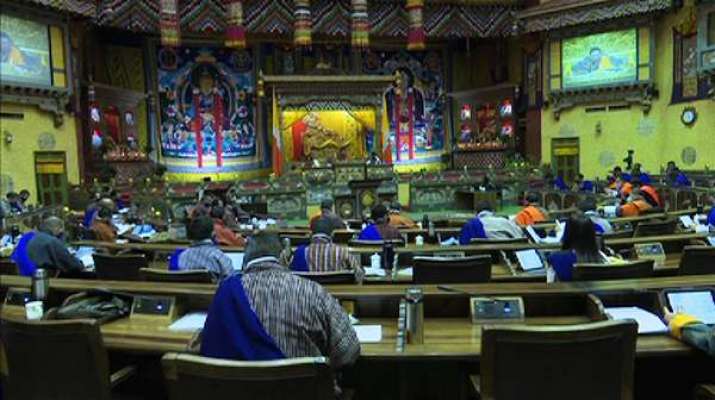
“I haven’t stopped smiling since yesterday,” said Bhutanese rights activist Tashi Tsheten. “I am eagerly awaiting His Majesty’s assent.” The changes passed by parliament still need to be approved by the King of Bhutan to formally become law. (The Washington Post)
Tsheten, director of the LGBT+ group Rainbow Bhutan, noted that the legal change meant greater dignity for Bhutan’s LGBT+ communities, and that it should help to reduce social stigma and discrimination.
“I think the bill being passed on Human Rights Day itself is a momentous day for everyone in Bhutan,” said Tsheten. “I believe everyone who has stood up for the LGBT+ community in Bhutan is going to celebrate today as this is our victory.” (Reuters)
He added that while the amended legislation “opens up a lot of doors” for Bhutan, it would take time to overcome discrimination and traditional social mores: “You get a very hostile sense,” he said, “that your friends or colleagues would not be supportive if you came out.” (The New York Times)
Nestled in the foothills of the Himalayan mountain range, and sandwiched between two political and economic heavy hitters India and China, Bhutan, sometimes referred to as the “happiest country in the world,” is the world’s last remaining Vajrayana Buddhist country. The ancient spiritual tradition is embedded in the very consciousness and culture of this remote land, where it has flourished with an unbroken history that dates back to its introduction from Tibet by Padmasambhava, also known as Guru Rinpoche, in the eighth century.
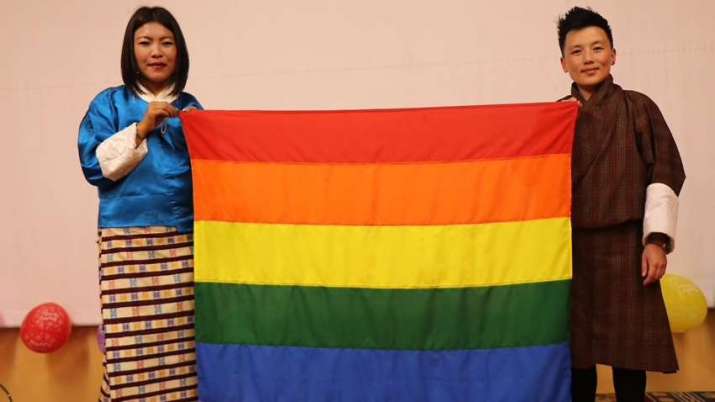
Jessica Stern, executive director of the activist group OutRight Action International, lauded the move as a “huge achievement.” (The Washington Post)
“For too long, the human rights of LGBTIQ people have not been recognized. Today, Bhutan chose to tell a different story and create a different future for itself,” said Stern. “It is both a testament to the perseverance of the LGBTIQ movement in Bhutan, and a source of inspiration for LGBTIQ movements across the continent and the world where such laws are still in effect.” (The Washington Post)
Almost 75 per cent of Bhutan’s population of some 800,000 people identify as Buddhists, according to data for 2010 from the Washington, DC-based Pew Research Center, with Hinduism accounting for the majority of the remainder. Most of Bhutan’s Buddhists follow either the Drukpa Kagyu or the Nyingma schools of Vajrayana Buddhism. Renowned for its “Gross National Happiness” approach to economic development, which prioritizes societal happiness, Bhutan held its first elections as a constitutional monarchy in 2008.
* Buddhist Kingdom of Bhutan Moves to Decriminalize Homosexuality and Buddhist Kingdom of Bhutan Nears Decriminalization of Same-sex Relationships (Buddhistdoor Global)
See more
Rainbow Bhutan
Bhutan parliament decriminalizes homosexuality, to delight of activists (Reuters)
Bhutan lawmakers vote to decriminalize same-sex relations (The Washington Post)
Bhutan Becomes Latest Asian Nation to Dial Back Anti-Gay Laws (The New York Times)










